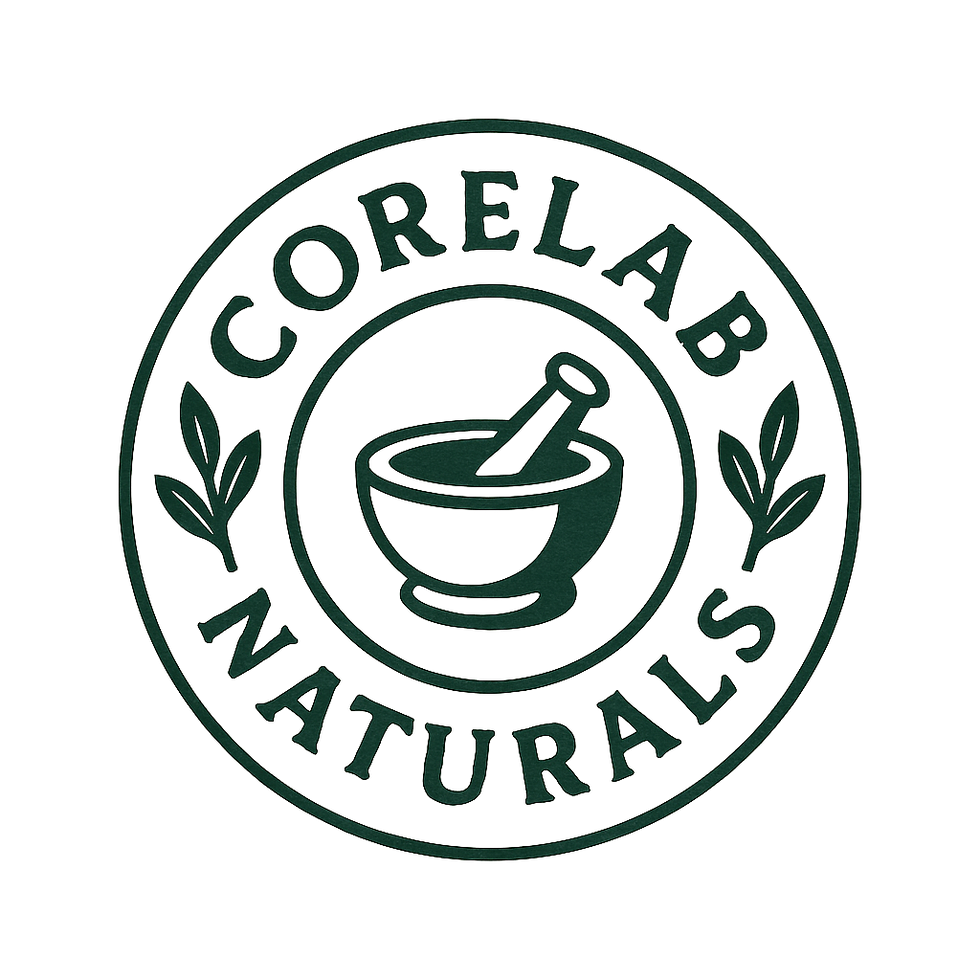The Importance of Proper Scalp Cleansing to Combat Product Buildup and Maintain Healthy Hair
- alex stretton
- Nov 17, 2025
- 3 min read
Every day, many people use shampoos, conditioners, styling products, and treatments to care for their hair. While these products can improve hair texture, shine, and manageability, they can also leave behind residues on the scalp. Over time, this buildup can cause problems that affect not only the scalp’s health but also the overall condition of your hair. Understanding what happens when product buildup accumulates and why proper scalp cleansing is essential can help you maintain a healthy scalp and vibrant hair.

What Causes Product Buildup on the Scalp?
Product buildup occurs when residues from hair care products, such as shampoos, conditioners, serums, and styling gels, accumulate on the scalp and hair over time. Many shampoos and conditioners contain ingredients like silicones, oils, and polymers that coat the hair shaft and scalp to provide smoothness and shine. While these ingredients can be beneficial in moderation, they can also create a layer that traps dirt, dead skin cells, sweat, and environmental pollutants.
Other factors that contribute to buildup include:
Using heavy or oily hair products frequently
Not rinsing hair thoroughly after washing
Washing hair too infrequently or too often, disrupting the scalp’s natural balance
Hard water minerals that leave deposits on the scalp and hair
When buildup is left unchecked, it can clog hair follicles and interfere with the scalp’s natural processes.
How Product Buildup Affects Scalp and Hair Health
A scalp covered in product residue can lead to several issues:
Blocked Hair Follicles: Buildup can clog follicles, reducing oxygen and nutrient supply to hair roots. This may slow hair growth or cause hair to thin.
Itching and Irritation: Residues can irritate the scalp, causing itchiness, redness, or even dandruff-like flaking.
Weighed-Down Hair: Hair may look dull, greasy, or lifeless because buildup prevents moisture from penetrating the hair shaft.
Increased Oiliness: The scalp may overproduce oil to compensate for the blocked pores, leading to greasy hair and scalp discomfort.
Ignoring these signs can worsen scalp conditions and affect hair appearance and strength.
Why Proper Scalp Cleansing Matters
Proper scalp cleansing removes excess oils, dead skin cells, and product residues without stripping the scalp of its natural moisture. This balance is crucial for maintaining a healthy environment where hair can grow strong and look its best.
Using a gentle yet effective cleansing product designed specifically for the scalp can:
Clear clogged follicles and promote better hair growth
Reduce irritation and soothe the scalp
Restore the scalp’s natural pH and moisture balance
Improve the effectiveness of other hair care products by allowing better absorption
Regular cleansing also prevents the buildup from becoming a chronic problem that requires more intensive treatments.
How to Cleanse Your Scalp Effectively
Here are practical tips to keep your scalp clean and healthy:
Choose the Right Shampoo: Look for shampoos labeled as clarifying or detoxifying, which are formulated to remove buildup without harsh chemicals. Avoid shampoos with heavy silicones or sulfates that can irritate the scalp.
Use a Scalp and Hair Serum: Products like scalp serums can help break down buildup and nourish the scalp. They often contain ingredients like tea tree oil, salicylic acid, or botanical extracts that cleanse and soothe.
Massage Your Scalp: While shampooing, gently massage your scalp with fingertips to loosen buildup and stimulate blood flow. Avoid scratching with nails to prevent irritation.
Rinse Thoroughly: Make sure to rinse hair thoroughly to remove all shampoo and conditioner residues.
Limit Product Use: Use styling products sparingly and choose lightweight formulas to reduce buildup risk.
Regular Cleansing Routine: Depending on your hair type and lifestyle, cleanse your scalp 2-3 times a week or as needed to maintain balance.
The Role of Scalp and Hair Serums in Buildup Removal
Scalp and hair serums are designed to target buildup and improve scalp health. Unlike regular shampoos, serums often contain active ingredients that penetrate deeper to dissolve residues and calm irritation. For example, a serum with salicylic acid gently exfoliates dead skin cells, while tea tree oil provides antimicrobial benefits.
Using a scalp and hair serum as part of your routine can:
Enhance cleansing beyond what shampoo alone can achieve
Provide hydration and nourishment to the scalp
Support a healthy environment for hair follicles
Reduce itchiness and flaking caused by buildup
In our experience, incorporating a serum after shampooing can make a noticeable difference in scalp comfort and hair vitality.
Signs You Need to Improve Your Scalp Cleansing Routine
Watch for these signs that indicate buildup is affecting your scalp:
Persistent itchiness or irritation
Flaky or dandruff-like scalp patches
Hair feels heavy, greasy, or dull shortly after washing
Reduced hair volume or slower growth
Scalp odor or discomfort
If you notice these symptoms, consider adjusting your cleansing products and routine to include a targeted scalp serum.





Comments